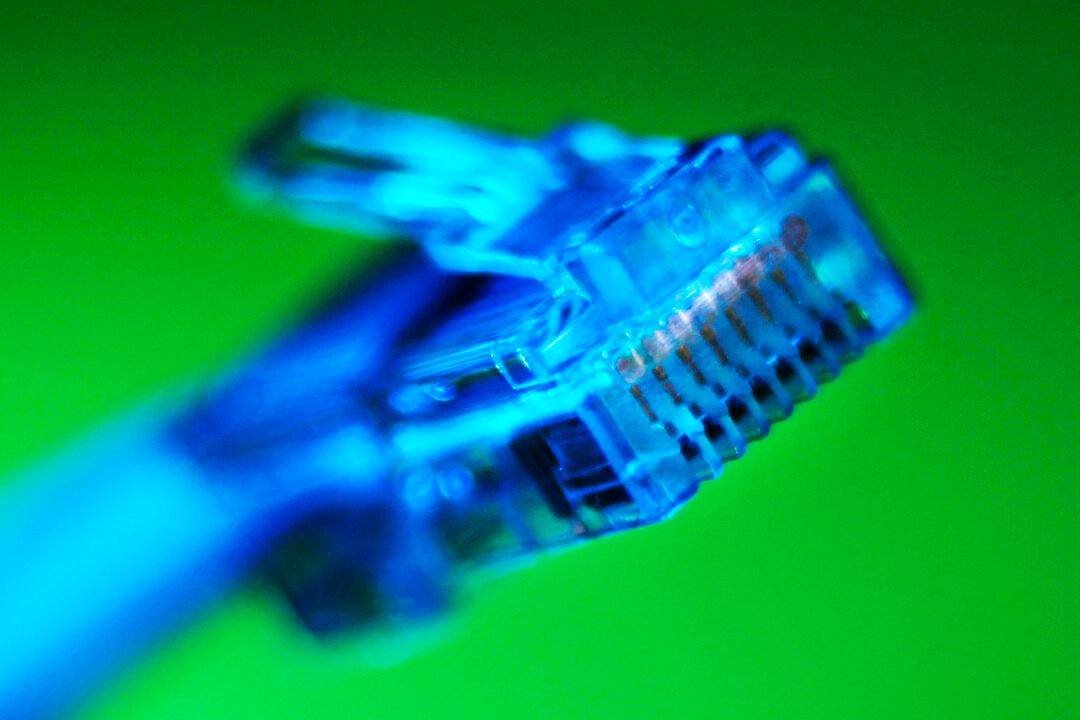As we begin to closely examine the practices of the Chinese Communist Party (CCP) and its massive network of influence, extortion, and coercion, we should also see the parallels with how large corporate entities (too big to fail) inside the United States practice these same tactics to elect and influence our lawmakers in Washington, D.C.
From media reports alone, it’s reasonable to consider that all of our lawmakers are targets for influence via well-funded individuals or groups (lobbies) whose sole function is to influence government policy in favor of corporate or geopolitical interests. Yes, some corporations have geopolitical interests that are not consistent with America’s best interests.



